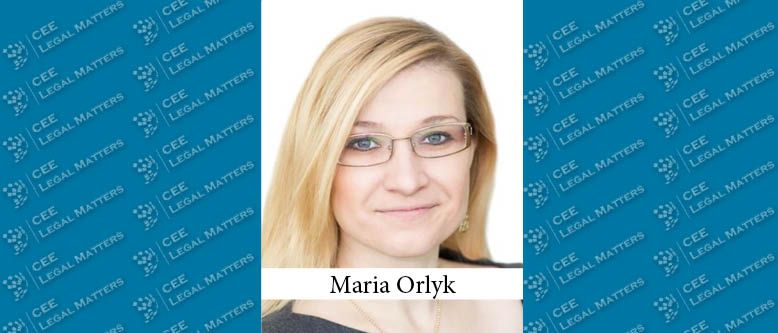Halfway through 2019 Ukraine has already seen major changes in its energy sector’s legal framework, including the effect of the recent decision of the Constitutional Court of Ukraine involving the legal status and decision-making authority of the Ukrainian energy market regulator (the “Regulator”). The shockwaves are likely to go far beyond 2019.
In particular, the current year has become a litmus test for the country’s capability to procure proper compliance with the EU’s Third Energy Package, to unbundle the Ukrainian gas transmission system, to set new gas transit tariffs, and – most importantly – to secure a new long-term gas transit contract and remain a reliable gas transit partner for European countries. Achieving this all will be a challenging task for the Government, as well as for the current and future gas transmission system operators.
Adoption of the Gas Market Law in 2015, followed by the 2016 introduction of Resolution No. 496 of the Cabinet of Ministers of Ukraine setting out the preferred unbundling model, gave rise to cautious optimism that Ukraine was actually moving towards efficient gas sector reform and bringing its gas market in compliance with EU Directive 2009/73/EC. In short, the Government chose the gas transmission system (GTS) unbundling model (ownership unbundling) and instructed Naftogaz (the owner of the current GTS operator) to procure it.it. Unfortunately, with Naftogaz/Gazprom arbitration disputes unfolding, the GTS unbundling progress lost its tempo.
Thus, January 1, 2020 was set as the designated milestone both for unbundling and for the new gas transit contract. While the Government – in preparation for the ownership unbundling – established the future GTS operator (Main Gas Pipelines of Ukraine (“MGU”)), Naftogaz chose to pursue a different model (an independent system operator (“ISO”)), and invested two years into its preparation. Presentation of the ISO model by Naftogaz caused some real controversy in the professional community. The proposed ISO model would require and rest on a concession agreement, which was and remains impossible within the current legal framework. Thus, implementation of the proposed ISO model appears conditional upon the Parliament of Ukraine adopting an appropriate wording of the law on concessions. Results of parliamentary elections in Ukraine leading to establishment of a single-party majority mean that the new Ukrainian Parliament will be in position to procure efficient and operative legislative process. However, the adoption of the new law on concessions in the wording suitable for the ISO model will depend on the political will of the ruling party. Not to mention that concessions of state property have always been a very sensitive and controversial issue, which makes adoption of the new law on concessions rather challenging task even for the majority party.
Furthermore, within its proposed ISO model, Naftogaz has established a special company – Gas Transmission System Operator LLC (the GTSO LLC) – which is designed to become the independent system operator as soon as it is transferred to the ownership of MGU.
With the year-end approaching and pressure increasing, in early June 2019 the Government came up with amendments to Resolution No. 496. The initial unbundling plan was revised, although retaining the ownership unbundling model. As a result, the unbundling plan has become even more complicated, as it foresees the temporary (i.e., until January 1, 2020) integration of MGU into Naftogaz Group.
However, the new amendments to Resolution No. 496 have not changed the intention of Naftogaz to proceed with its ISO model. The new Resolution has vested Naftogaz with the obligation to procure protection of its position at the arbitration in Stockholm of its dispute with Gazprom over the revision of gas transit tariffs through the Government’s unbundling model. According to Naftogaz, protecting its position in Stockholm arbitration may be achieved exclusively through its proposed ISO model.
All things taken together, the unbundling may seem to have fallen into gridlock. MGU is obliged to file for certification as the gas transmission system operator. At the same time, under Naftogaz’s unbundling roadmap, GTSO LLC plans to file for such certification itself. The crucial task for the applicant will be to convince the Regulator and the Energy Community Secretariat in independence of the GTS operator and its ability to ensure functioning in compliance with principles of EU’s Third Energy Package. There is a good chance that the certification will be achieved under the revised certification order currently elaborated by the Regulator which will allow conditional certification prior to final certification.
By Maria Orlyk, Partner, CMS Reich-Rohrwig Hainz
This Article was originally published in Issue 6.8 of the CEE Legal Matters Magazine. If you would like to receive a hard copy of the magazine, you can subscribe here.
